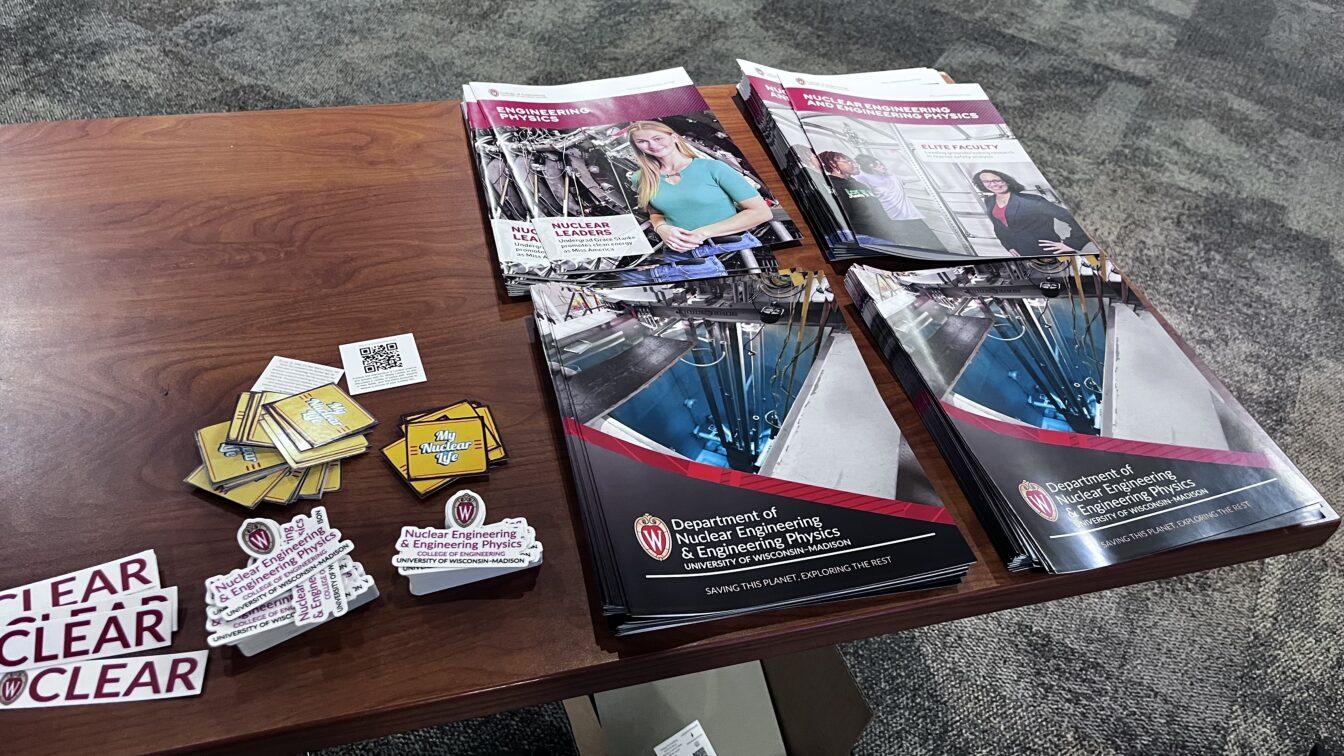The University of Wisconsin Department of Nuclear Engineering & Engineering Physics partnered with the Wisconsin Union Directorate Film Committee to provide a free screening of the film “Nuclear Now” in the Union South Marquee. A Q&A panel hosted by Miss America 2023 and UW graduate Grace Stanke followed the film.
The film focuses on how nuclear energy may be the future of our world. It explains that coal is the cheapest and simplest form of energy, and massive use of this natural fuel is causing a rapid increase in global warming. This prompts seeking alternatives for coal.
During the Q&A, panelist and Life Sciences Communications department chair Dominique Brossard said the film is “pro-nuclear energy, while omitting many of the complexities” related to climate change and nuclear energy.
“It’s a persuasive message that will not reach the people it needs to persuade,” Brossard said.
“Nuclear Now” discusses that the severity of the negative impacts of climate change is an agreed-upon issue. But events like Chernobyl and the government switching its position often have the public split on whether or not they should support nuclear energy.
The discussion also touched on how to talk about such a controversial topic with others. Stanke provided her best advice on discussing nuclear energy with others when she said to make it real and to describe it in a way everyone can fathom. The common goal is addressing climate change and ways nuclear energy can help, so realizing people are exposed to low levels every day is important, Stanke said.
Public support is not the only important factor in innovations within the nuclear industry. The film also highlights other concerns like logistics and funding.
Panelist and chair of the Department of Nuclear Engineering & Engineering Physics Paul Wilson said the biggest setback to nuclear energy right now is how to properly dispose of “nuclear waste.”
Nuclear waste isn’t released into the atmosphere like natural fuels, the film clarifies, but has to be cooled and kept onsite.
The film highlights other countries’ success with nuclear energy development though the United States and China make up the majority of the world’s carbon emissions.
In order to become competitive with cheaper energy sources, like coal and other fossil fuels, many policy changes and investments need to be made, the panelists said.


